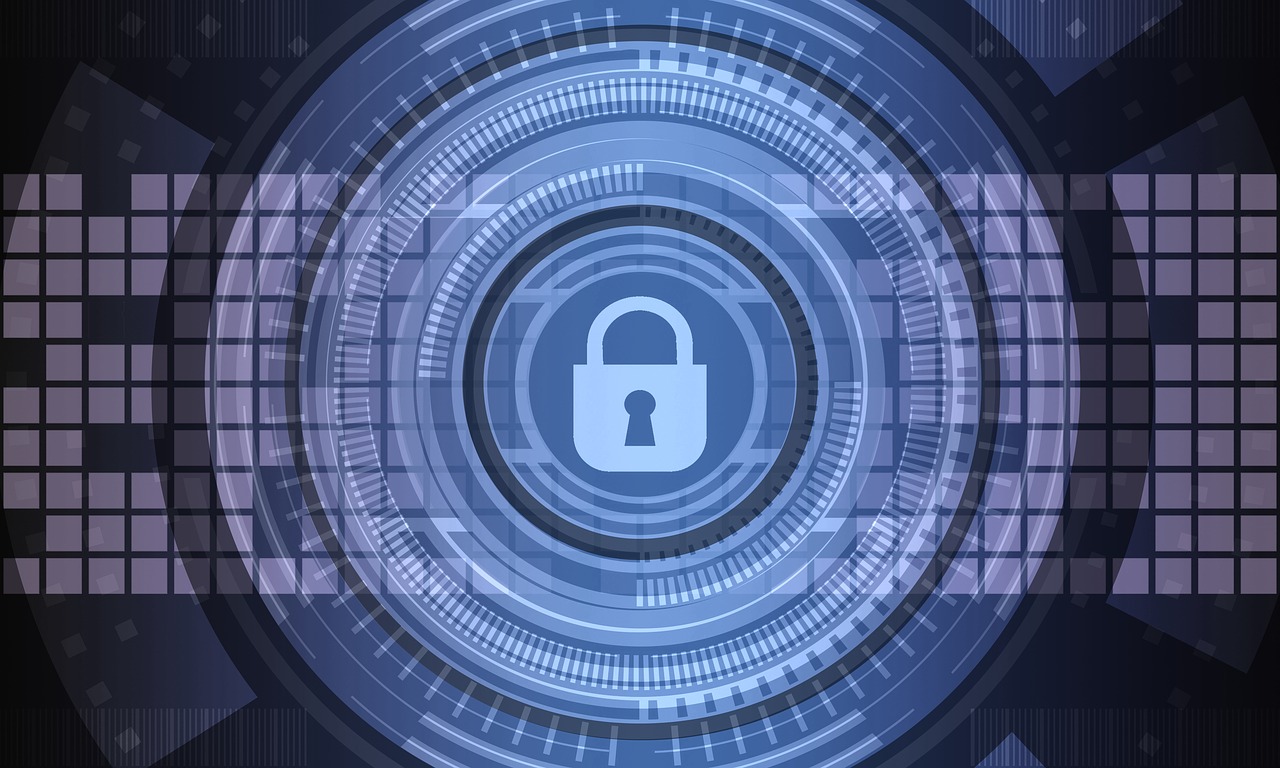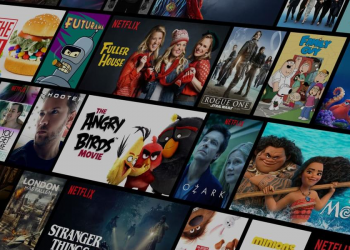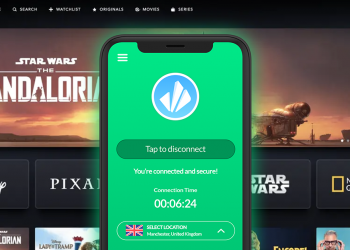Easy firewall traversal refers to a strategy of bypassing firewalls which are commonly used to block access to certain sites and communication protocols. Firewalls are an essential line of defense for personal computers and corporate networks, but many times they need to be bypassed.
A firewall permits the outflow of authentic traffic while restricting the inflow of harmful transmissions. It monitors both outcoming and incoming traffic and decides whether or not to block this flow based on a set of pre-determined rules. A firewall can be hardware, software, or both.
Firewalls are extremely effective in blocking potentially malicious traffic to and from a network. The issue is that they can be too effective. Firewalls must perform deep data packet inspection in order to find malicious software, as opposed to doing a light check on packet headers. The problem is that deep packet inspection will significantly slow down communication speeds. This is not tolerable in professional or consumer environments. Aside from the speed issue, firewalls are often used for the wrong reasons.
Firewall Traversal for Commercial Outlets
To circumvent the problems associated with firewalls, a VPN is necessary. Getting rid of a firewall is not pragmatic or sensible in the majority of instances, so it is better to allow certain access while restricting others. A VPN can be configured to bypass the restrictions associated with the firewall, allowing certain communications while blocking potentially malicious content.
An example of commercial firewall traversal is where a remote worker would need to send an important file back to back to the work station using the UDP protocol. While the firewall blocks UDP connections, the worker can log into the VPN and then send the file. The VPN connects to the router at the place of work first. The authentication is provided at the VPN level, and all communications are encrypted once a connection is established.
Corporations make extensive use of VPN’s, though they are often heavily customized to cater to the needs of that particular corporation. Network engineers can configure the VPN to allow certain protocols and disallow others. A VPN is also used to allow a worker to remote access files securely with the appropriate encryption levels. Access to sensitive information via public WiFi in a coffee shop would be a recipe for disaster, and the onus is on the IT security personnel to ensure that only secure and authenticated connections to the corporate network are permissible.
Firewall Traversal for Personal Use
But firewalls need to be traversed by ordinary people all the time, not just in specific work environments. Large businesses and corporations prevent citizens from accessing certain ports when using their network by configuring firewalls. When citizens travel from place to place, they need to be able to bypass the different firewall restrictions in place without using complex settings.
VPN’s give people the power to easily traverse firewall restrictions without needing advanced knowledge. Netflix and BBC iPlayer (as well as many other corporations) check for the IP address and block access based on their uniquely configured firewalls. Customers can navigate around these blocks using VPN’s which change their IP address to a different location.
Another important point is that homes are getting smarter and people are holding more devices. According to Pew Research, a median US household has 5 internet devices. 18% are “hyperconnected”, with more than 10 of these devices. This means that there are increasing points of vulnerability for users. It is already at a point where every home should have a VPN installed in the home router for basic online protection for all connected devices. People need to ensure they are safe while traveling and also that they are safe in their home networks. This can be achieved with a combination of a firewall and a VPN.
There are many ways to bypass firewalls. But they require more detailed levels of knowledge, as well as time and resources. The majority of people don’t have the time to learn and it is not worth the effort. This is why VPN’s are the best way to traverse the firewalls used to block access to streaming sites, downloads, and government censored areas.
The Validity of Firewalls

While firewalls have their uses, they are often used to limit the freedoms of people for arbitrary reasons. The most obvious example of this is the Great Firewall of China, with residents blocked off from outside information.
As a result, people in that particular area have turned to VPN’s to bypass the restriction, though VPN providers have been shut down following a heavily censored internet. Facebook, Twitter, and YouTube are blocked off, as are sites that discuss the Tiananmen Square incident, freedom, of speech, Tibetan independence, and the Dalai Lama. Other countries with strict firewalls include North Korea, Iran, and Ethiopia.
It should be noted that neither firewalls or VPN’s are good or bad. A firewall allows access to determined locations or addresses. A VPN is a virtual tunnel designed to protect user data. A firewall is like an online wall while a VPN is like a means of bypassing these walls. Generally, a VPN offers more flexibility than a firewall and can perform a variety of different functions. VPN’s, firewalls, and antivirus programs all come with unique benefits and can work in unison. For best results, people should make use of all three in their home network to ensure it is as safe as it can be.
However, a VPN is most suitable for consumers as it allows the bypassing of firewalls, encrypts data, and changes the IP address. These are the attributes that are most needed in an age where firewalls tend to be used by large corporations and governments for the wrong reasons. While a firewall has to be configured per network or machine, a VPN can be used on a number of devices. This is important, as people now travel frequently to different locations, and need to be able to bypass many illegitimate blocks and protect themselves on various public hotspots.


















